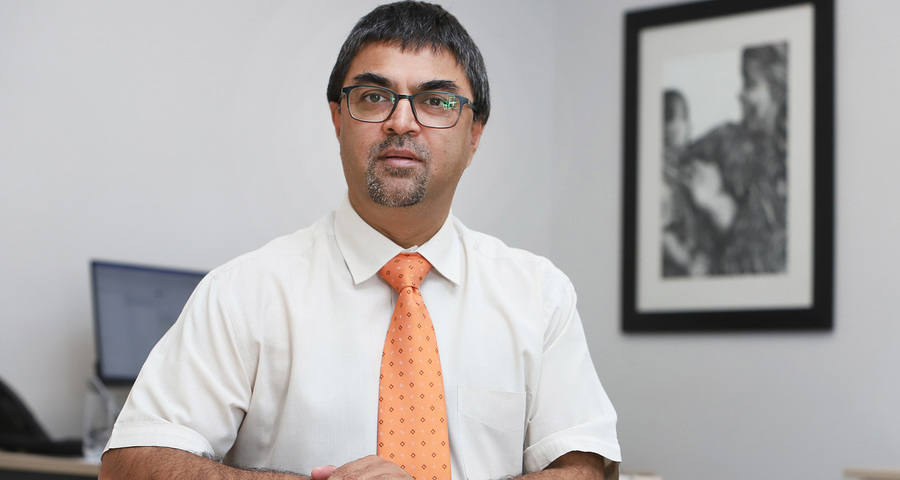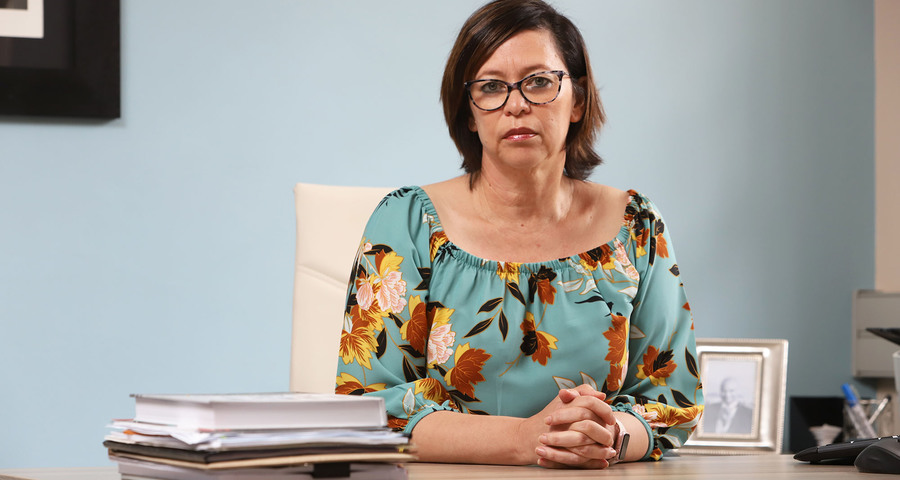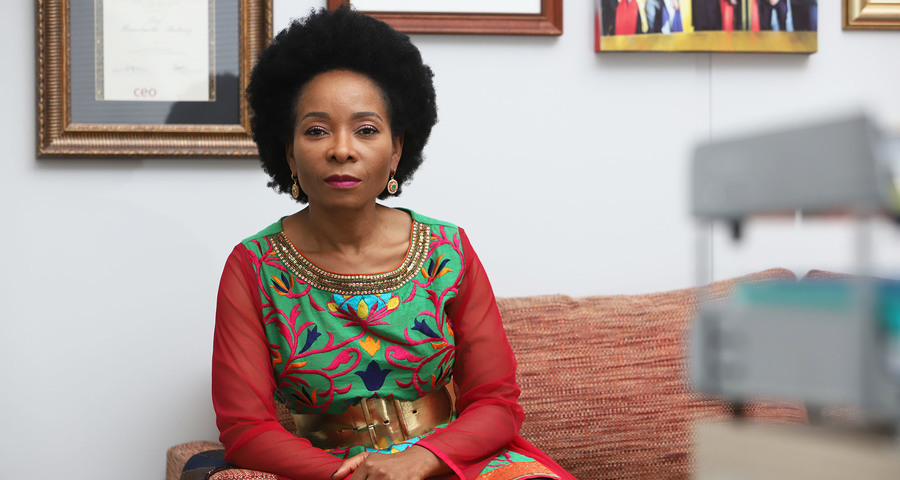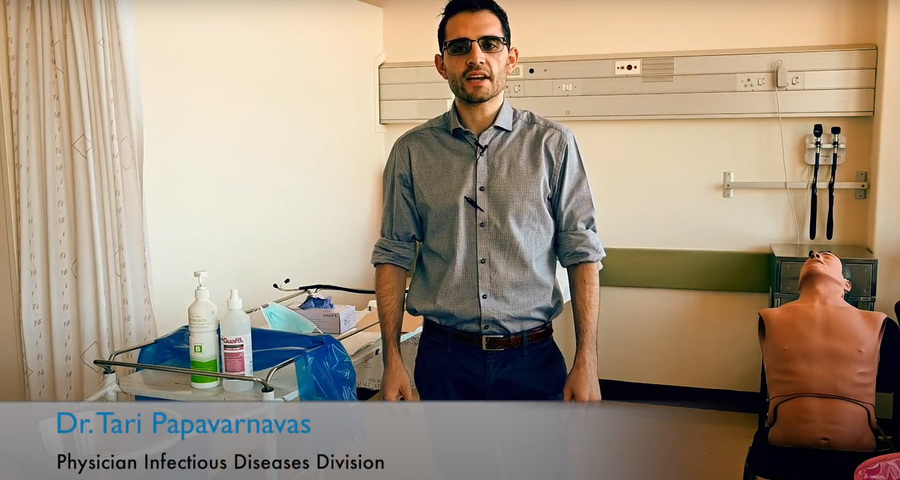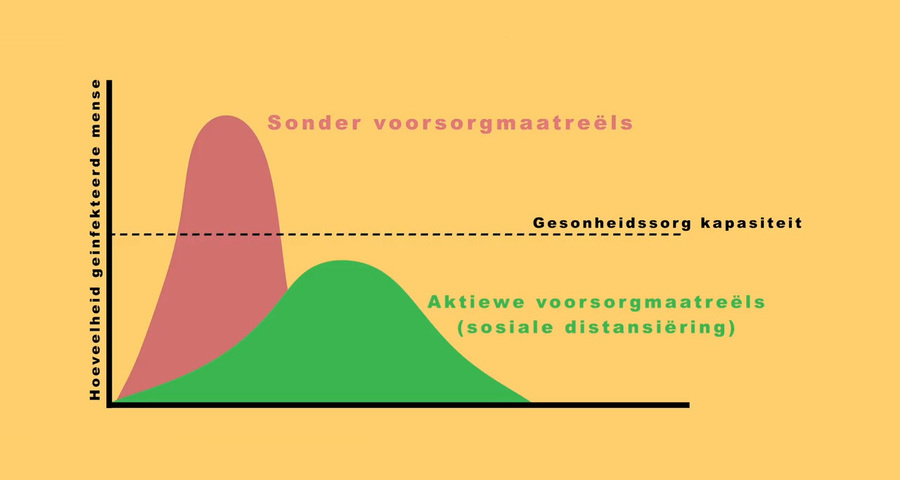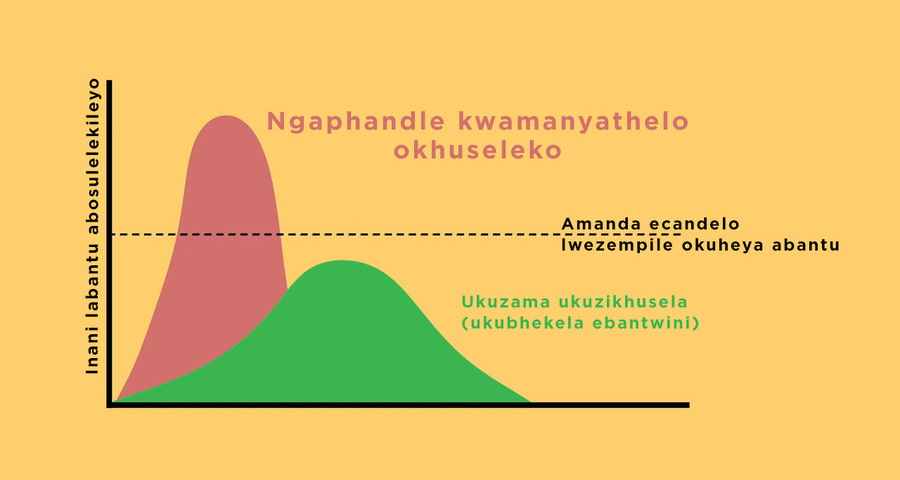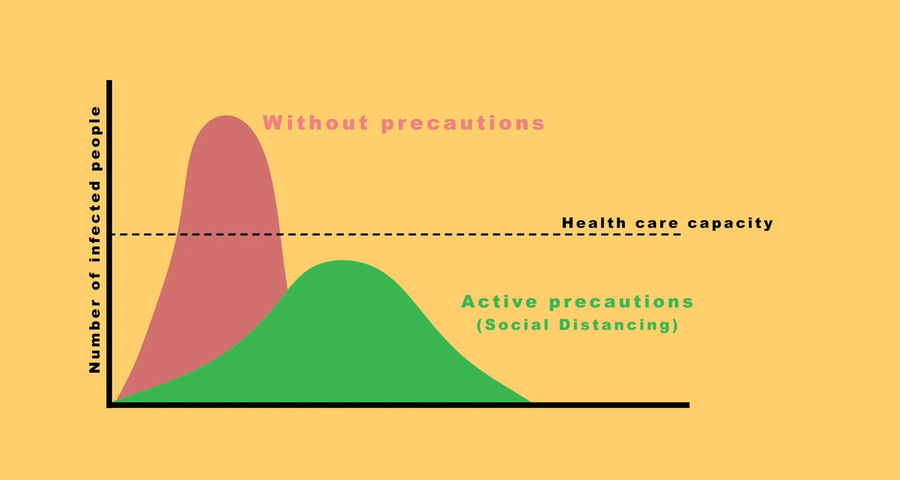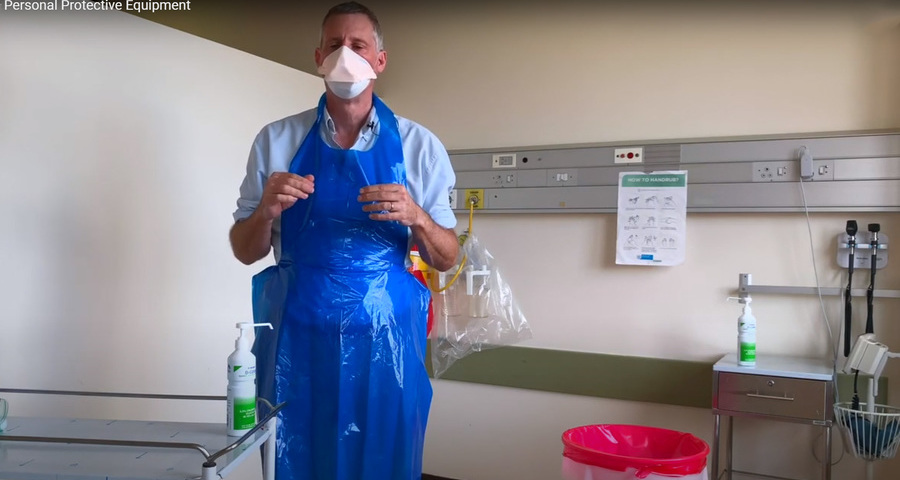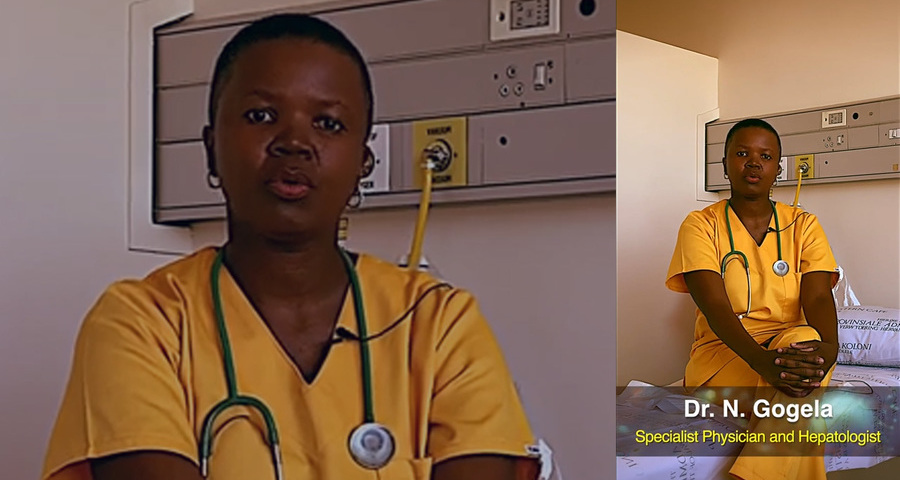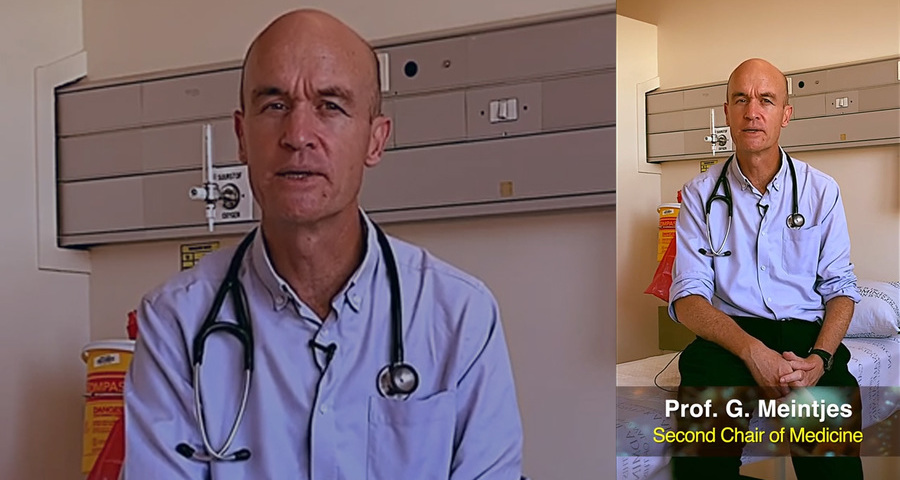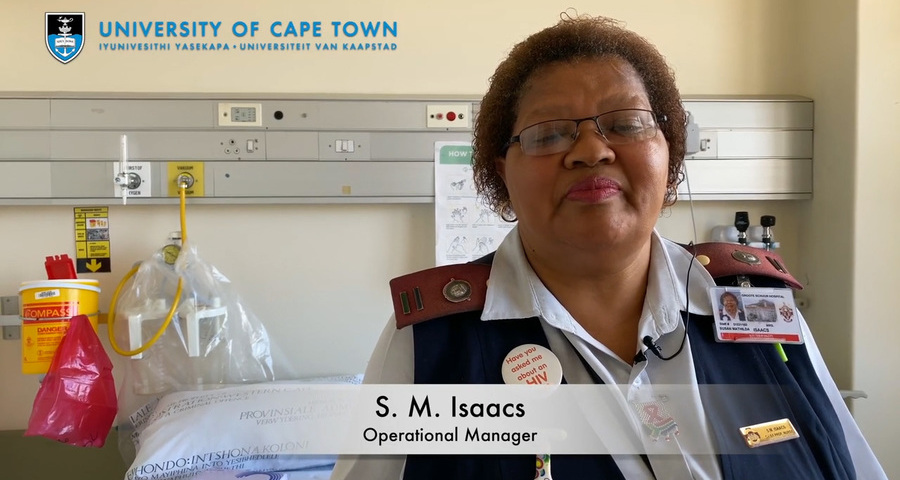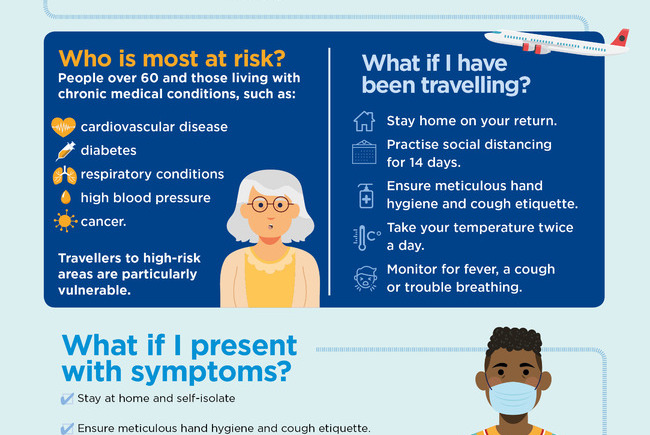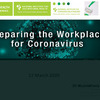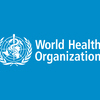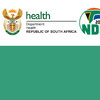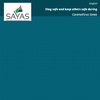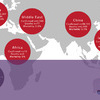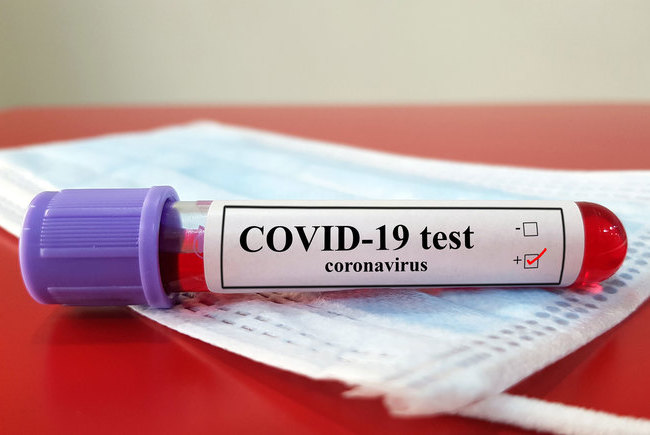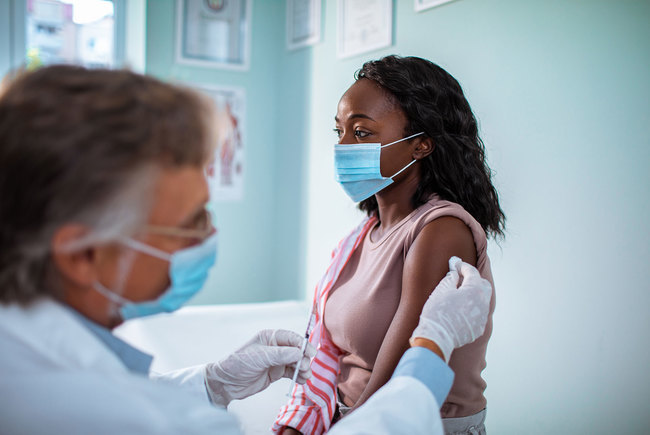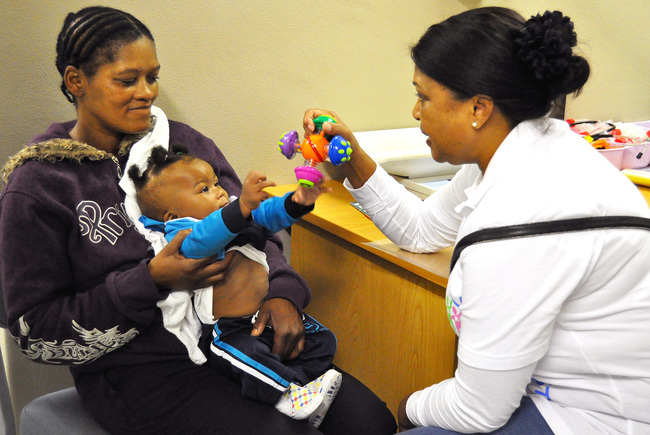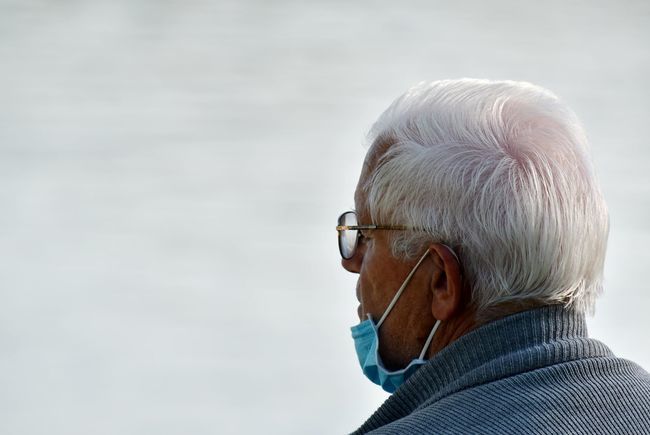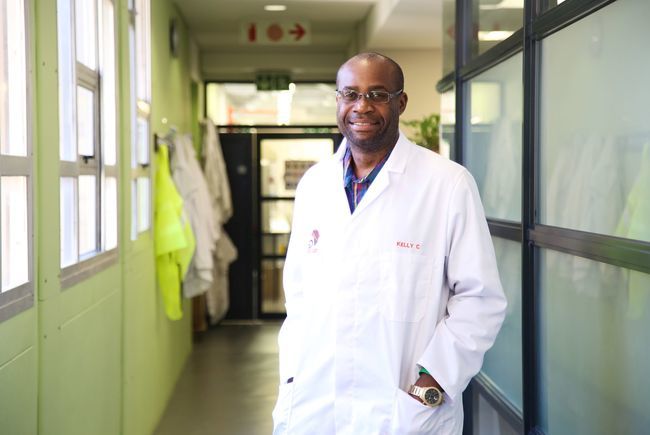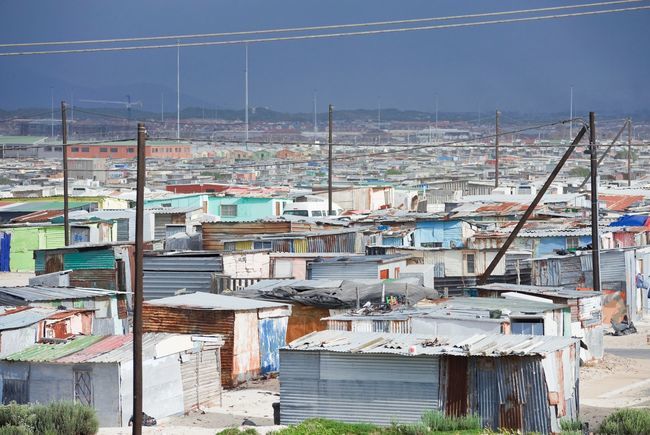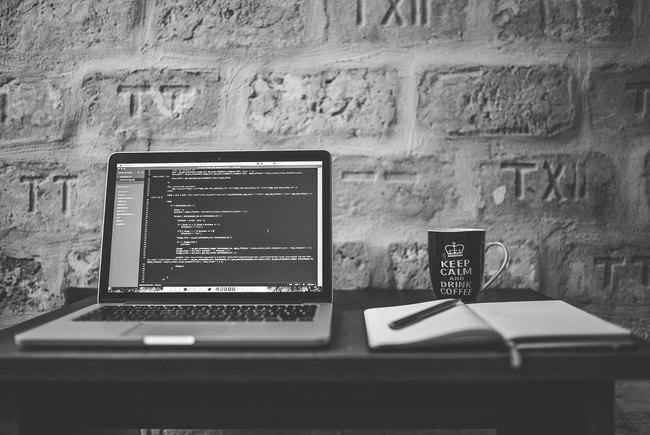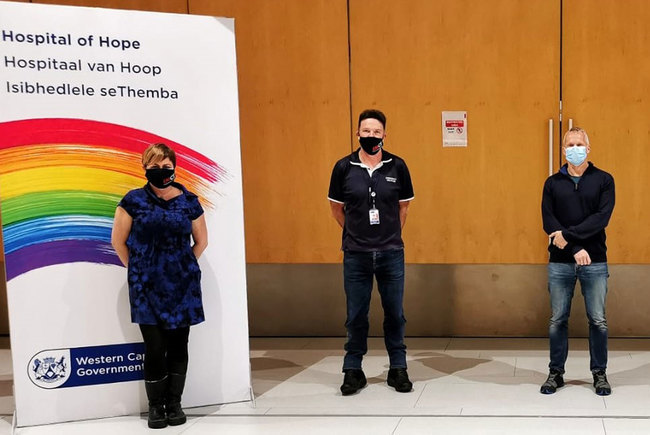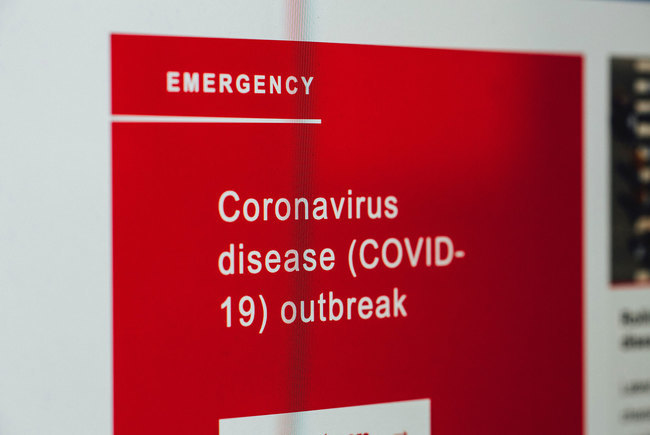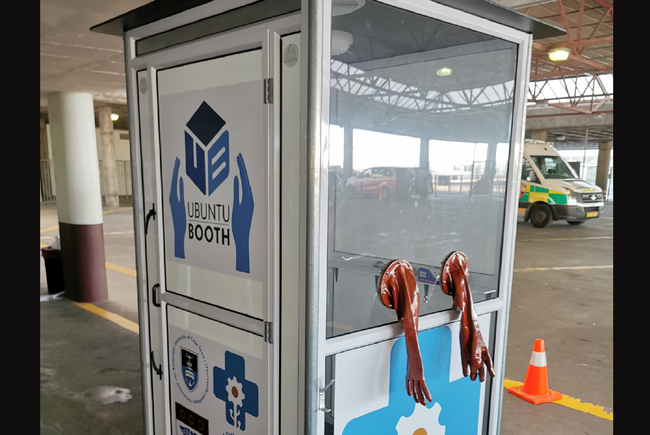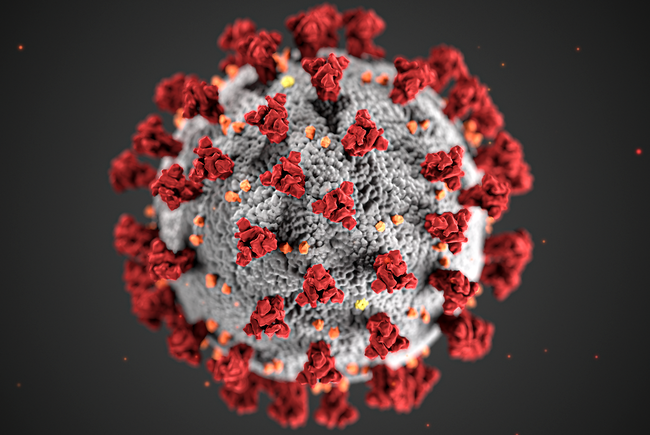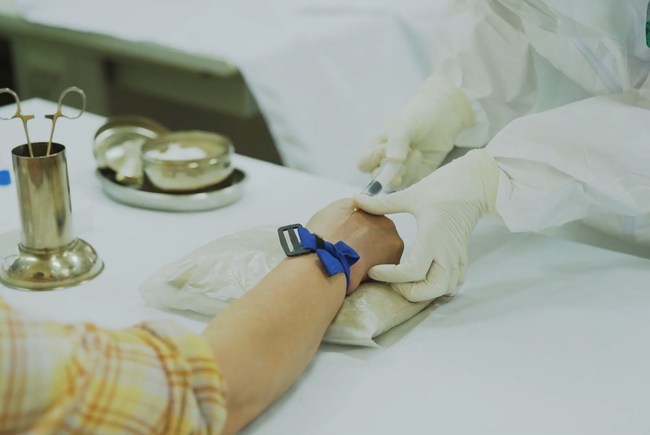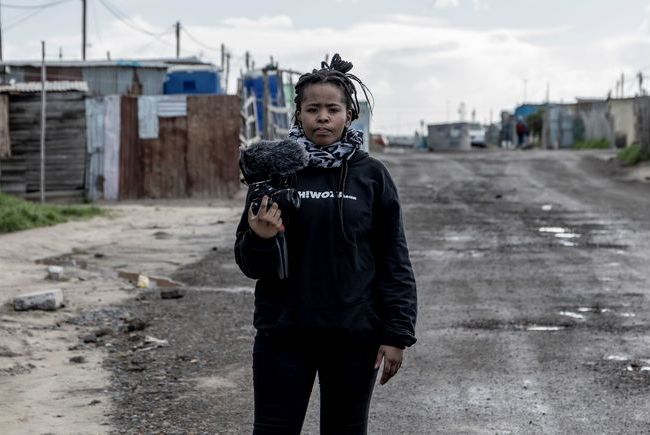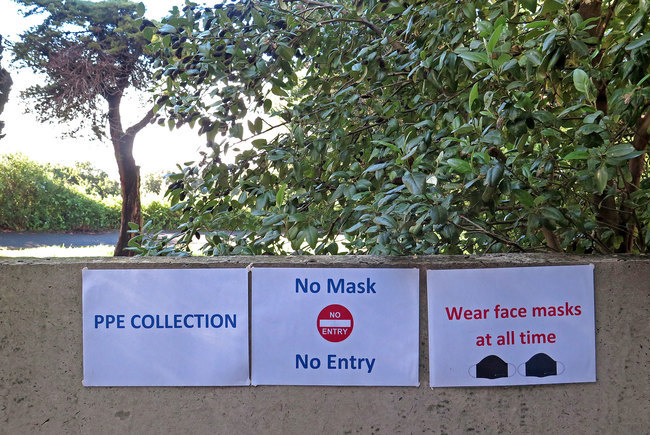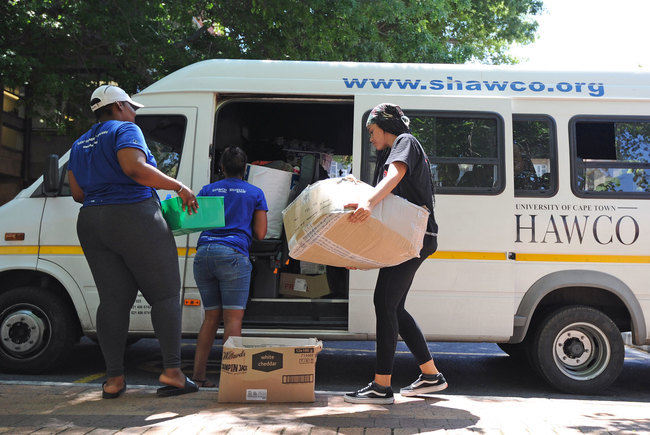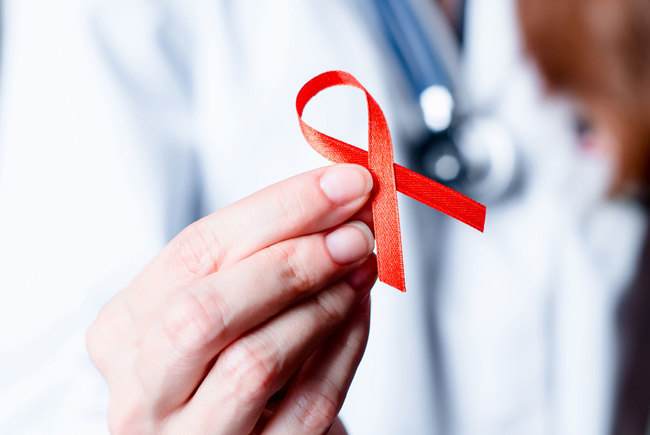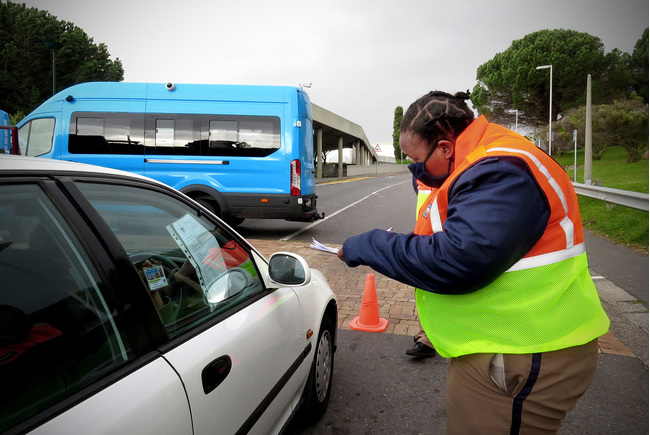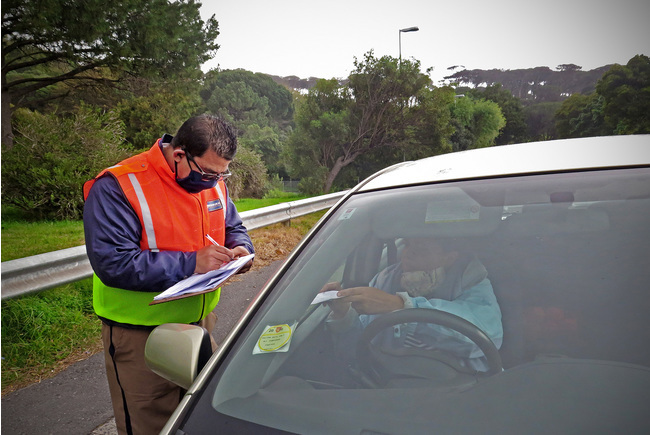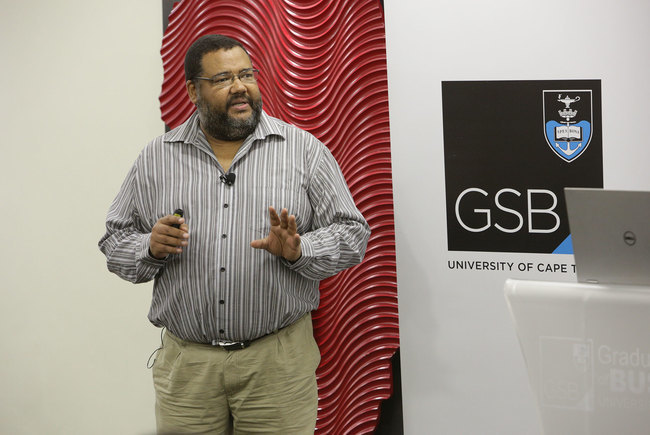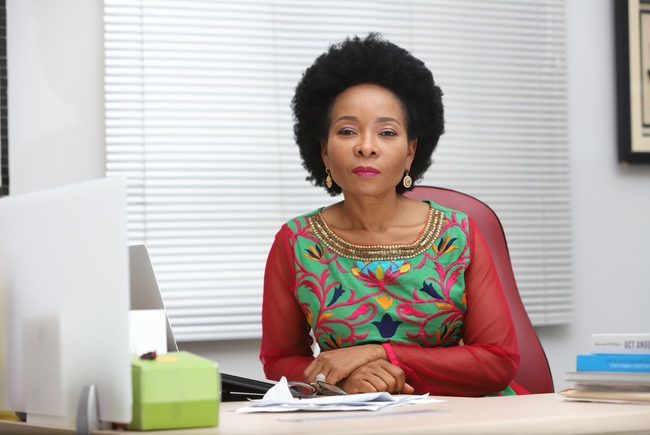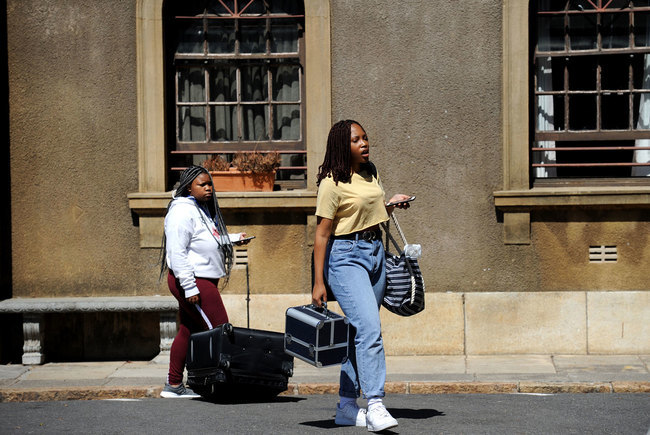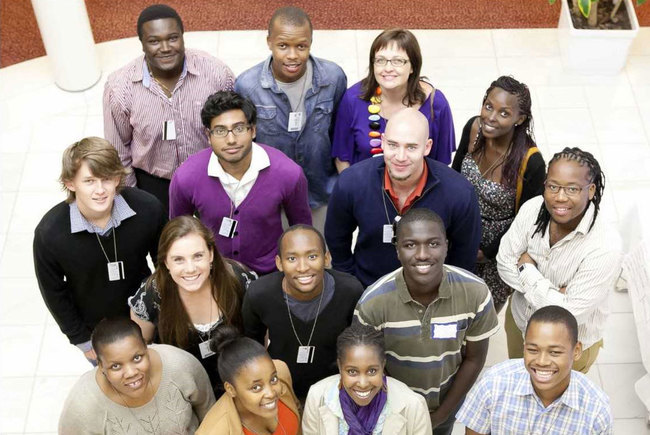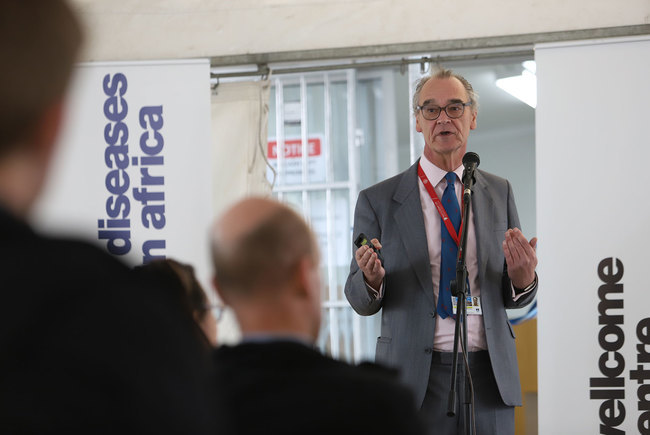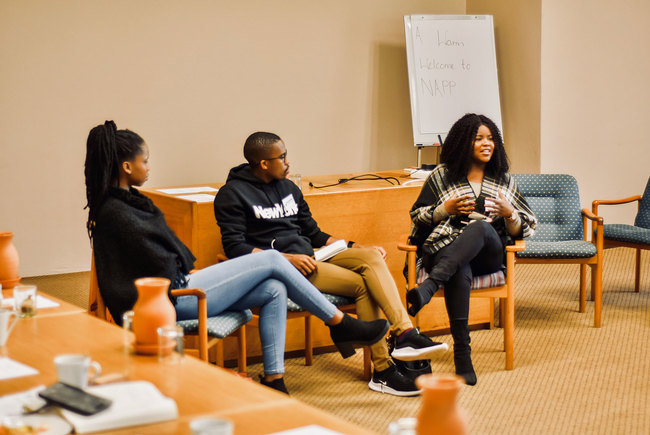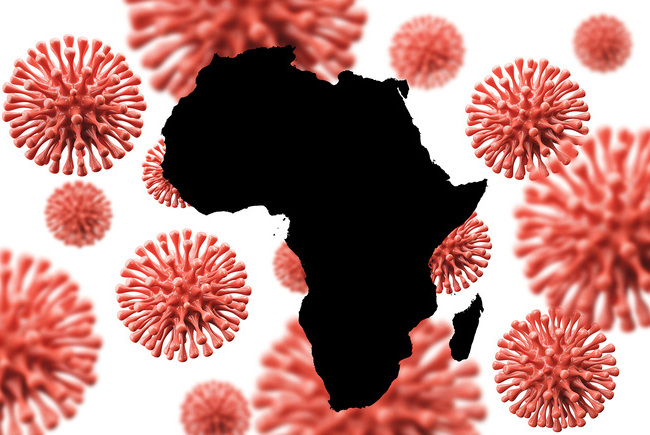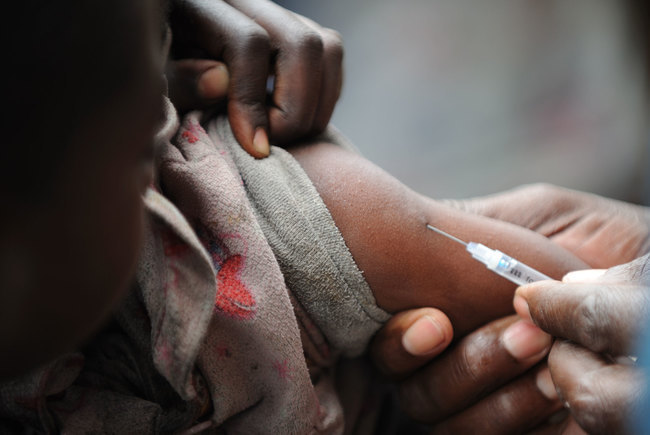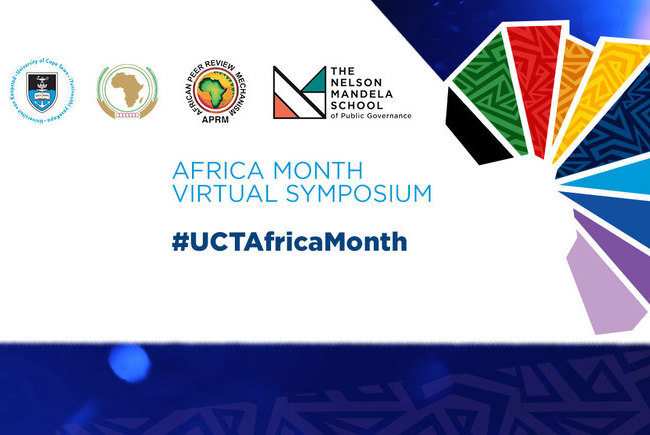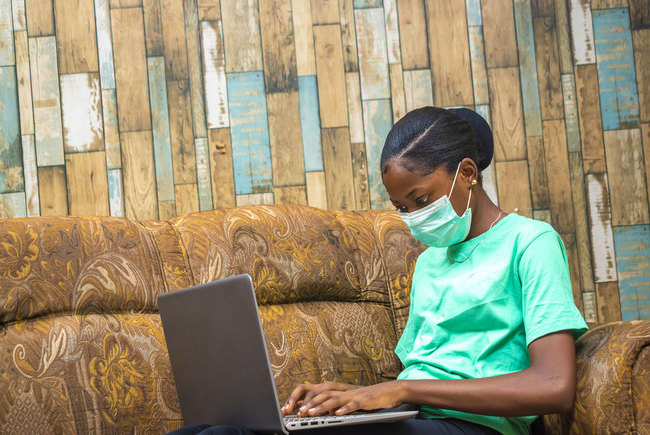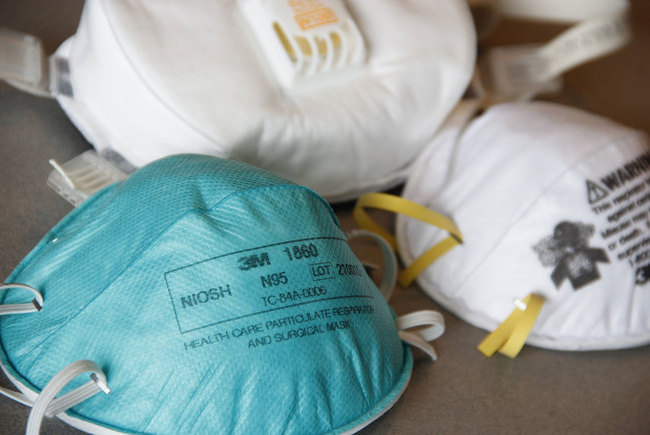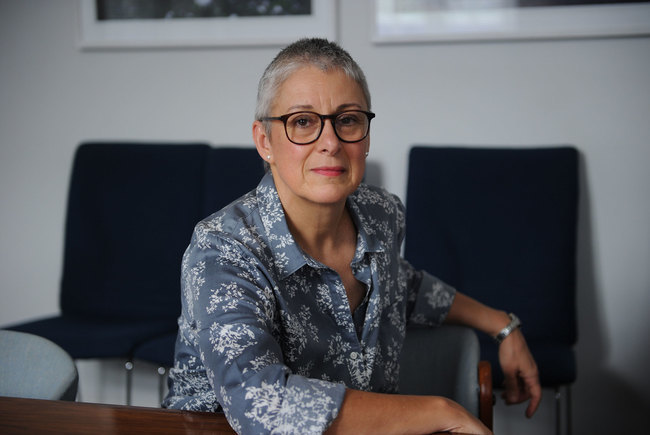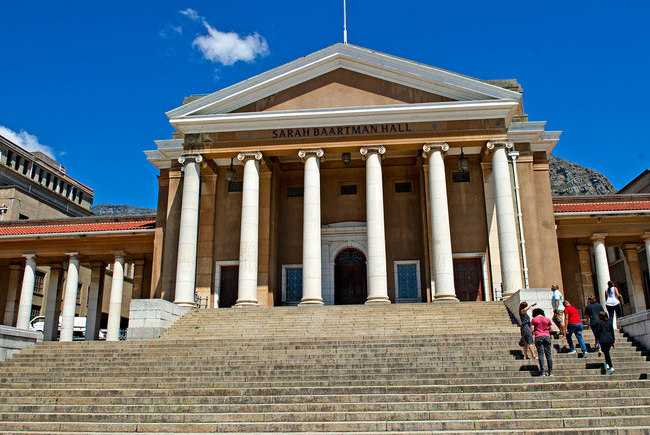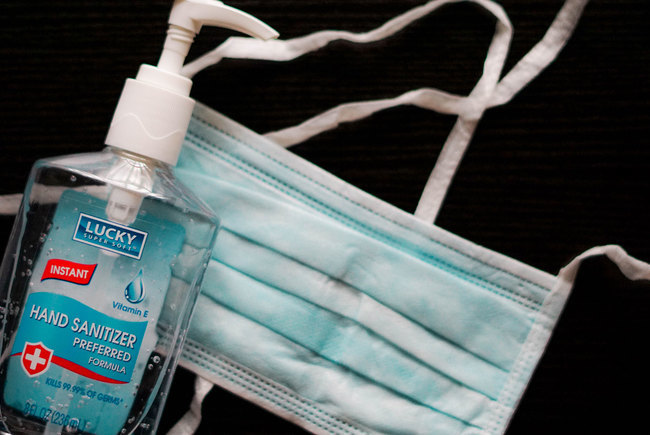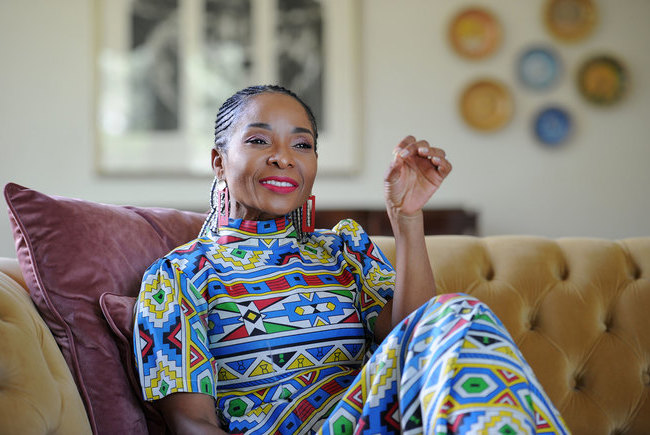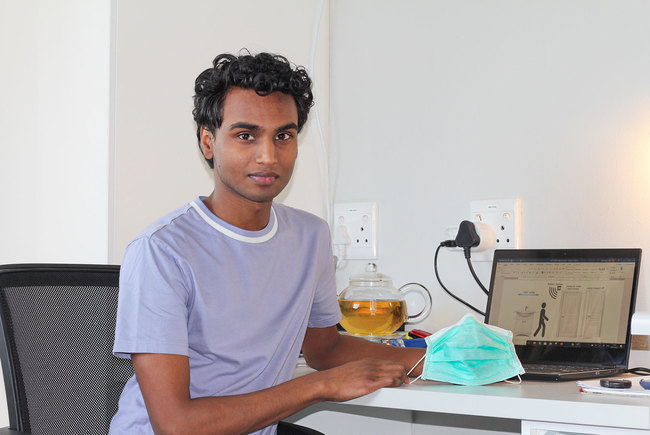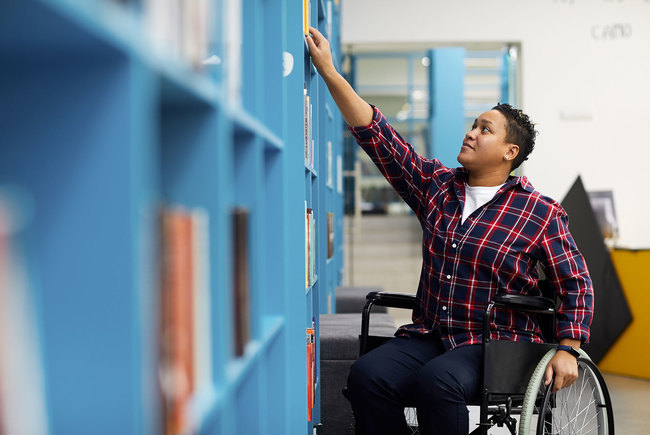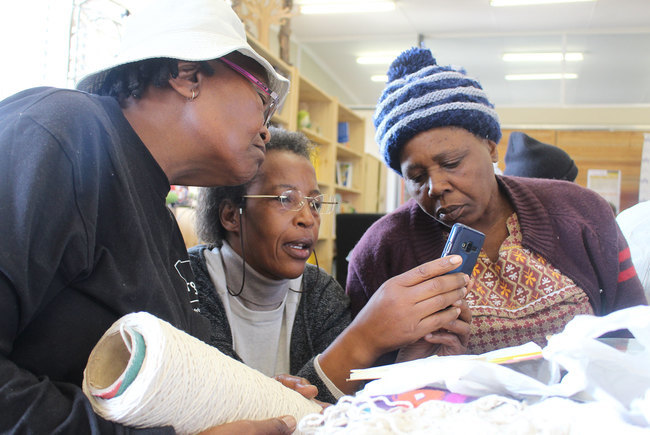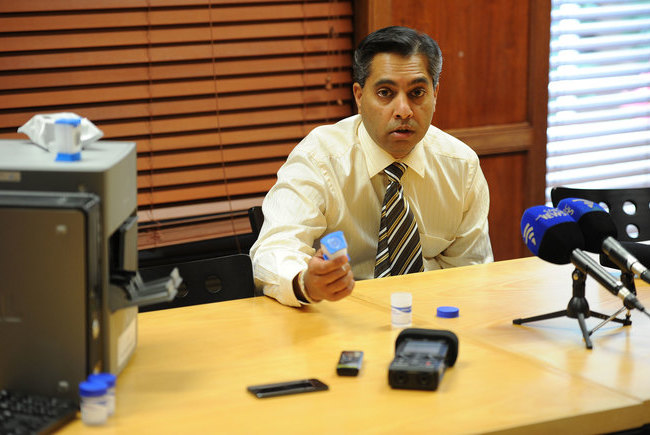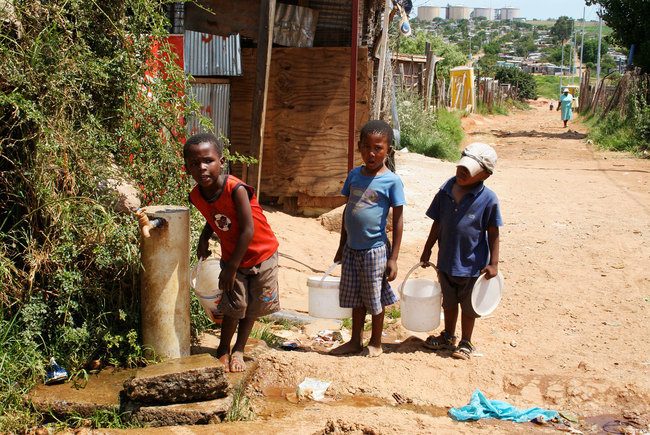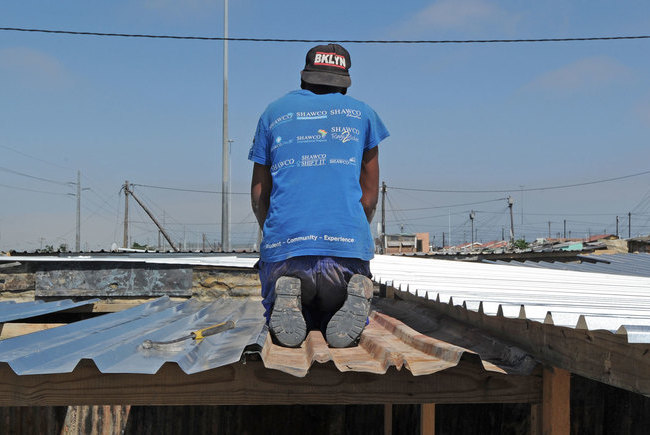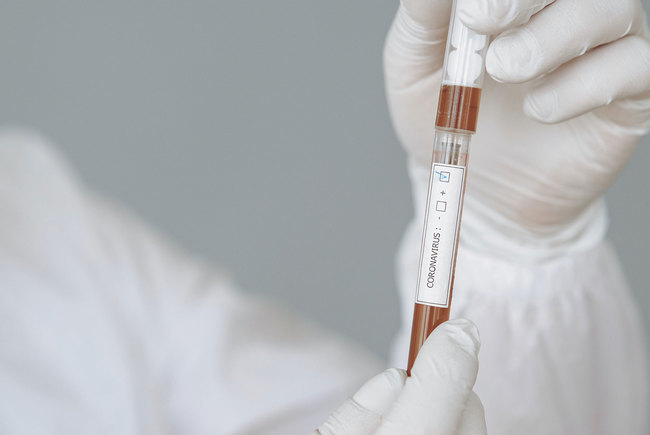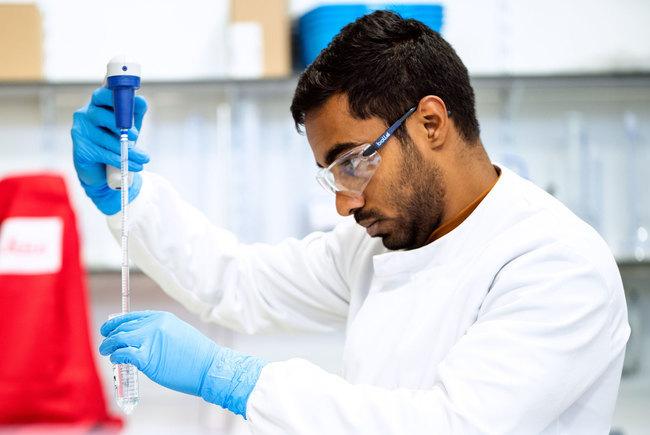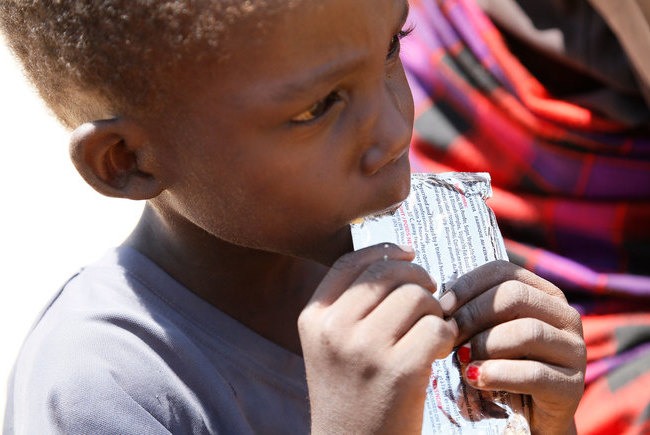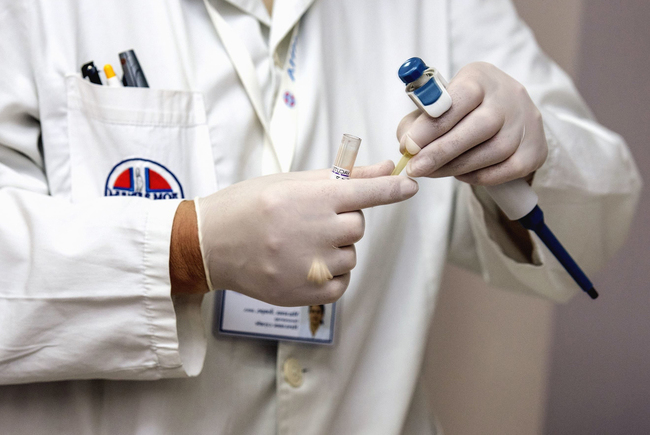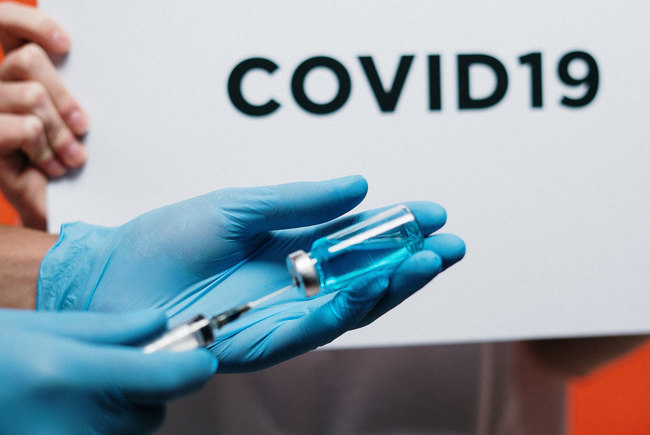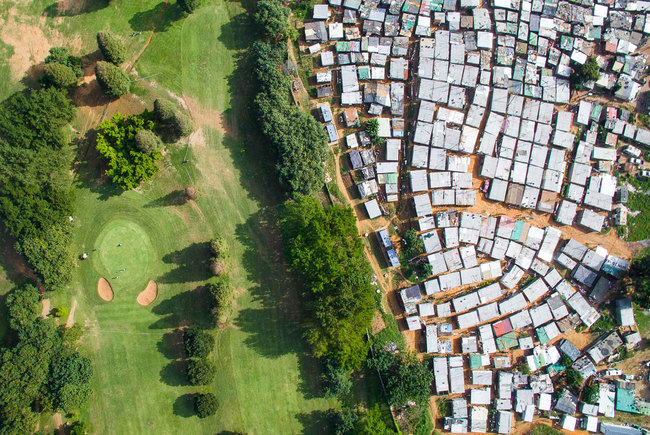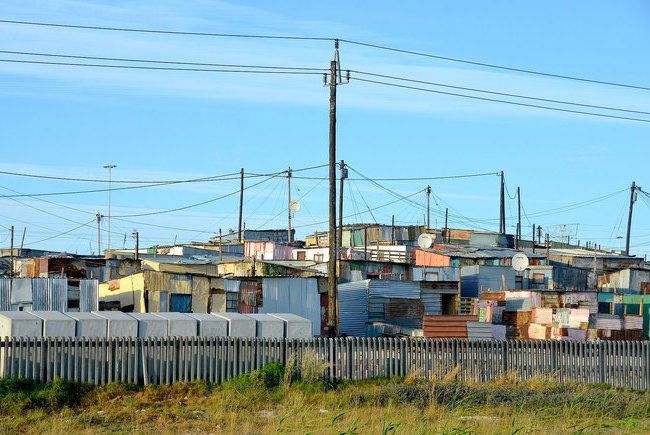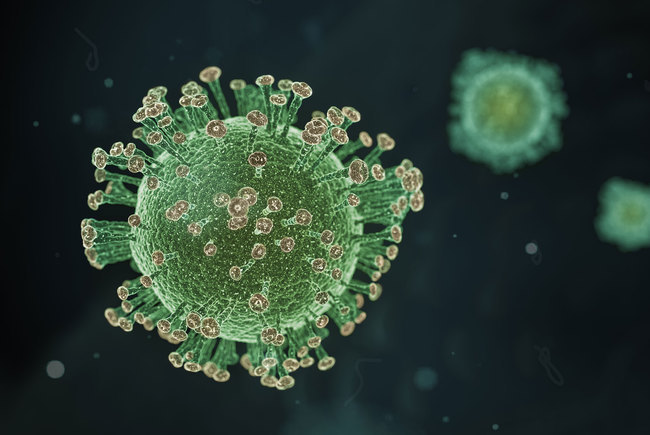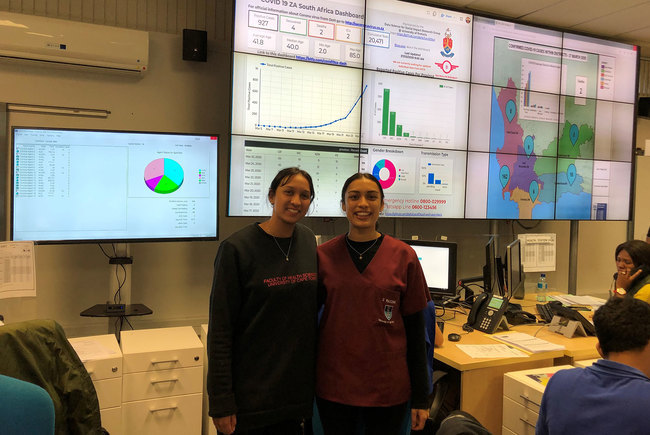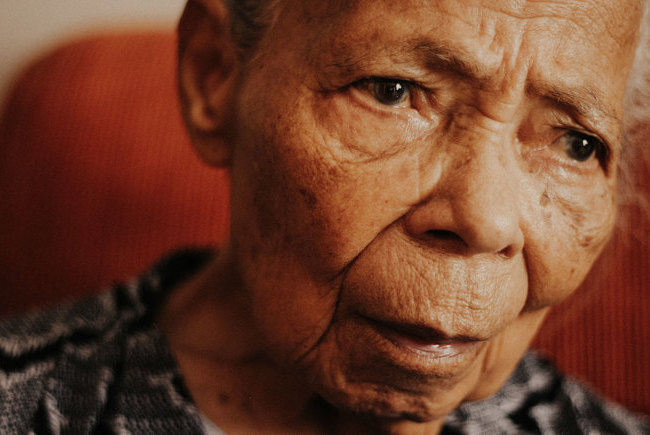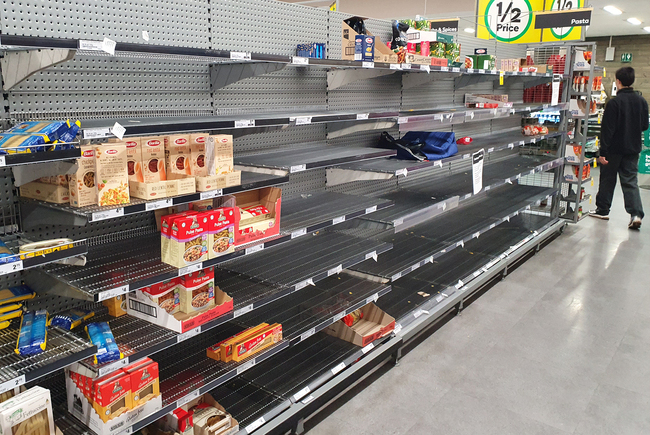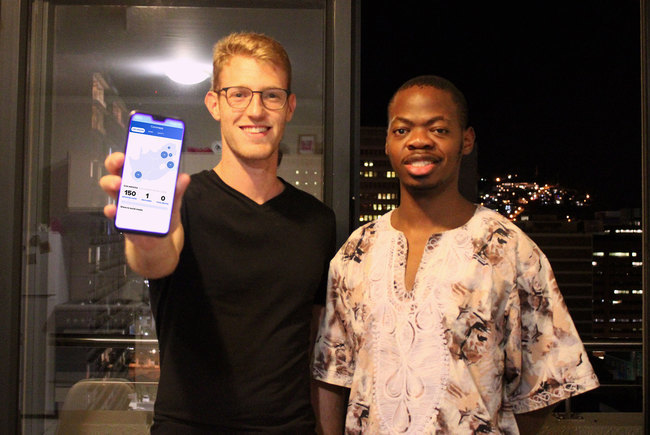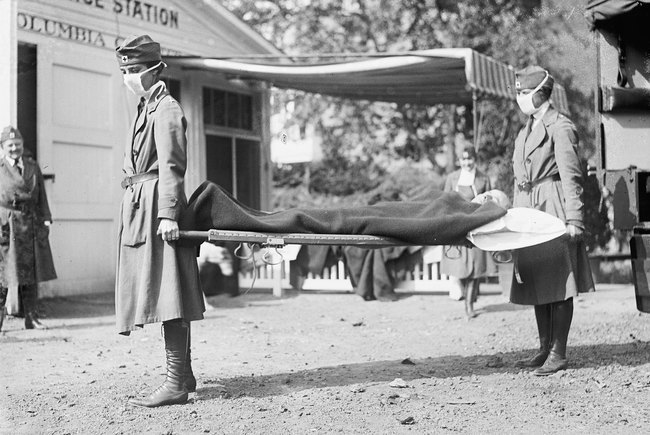Gig workers among the most vulnerable in SA’s COVID-19 crisis
14 May 2020 | Story Supplied. Photo Unsplash. Read time 3 min.
A recently released report shows that those working in South Africa’s gig economy – for platforms like Uber, Mr D, and SweepSouth – are falling through the cracks of government and private sector responses to COVID-19. Researchers on the Fairwork project, a collaboration between the University of Cape Town (UCT), the University of Manchester and the University of Oxford, have highlighted how these workers are unable to access the same government assistance as other workers.
The report shows that most gig workers lost their income entirely during lockdown. Gig workers surveyed reported that their immediate concern was just getting food to eat. While the government has moved quickly to make income available to other workers who have lost their livelihoods, gig workers are classified as independent contractors, meaning they are ineligible for sick pay, UIF, and other forms of social security. Despite this classification, gig workers are also unlikely to meet the requirements to access government support for small businesses.
“Their immediate concern was just getting food to eat.”
The report also looks at the steps platforms have taken to protect their workers from both illness and destitution. Some South African platforms have taken positive action. For example, SweepSouth has set up a fund to which clients can contribute, to provide some financial assistance to domestic workers during the lockdown. M4Jam has rolled out a micro-training initiative that provides payments to its “jobbers” for completion of up to 48 short lessons.
Report recommendations
However, Fairwork’s researchers also find that platforms can do much more to help. The report’s recommendations include reduced commissions, loan deferrals, physical protection, healthcare assistance, sick pay, improved communication, and engagement with workers and their representatives.
“While platforms have long marketed themselves as facilitators of supplementary income streams, the COVID-19 crisis has exposed the complete dependency of most of South Africa’s gig workers on their platforms as the basis for their livelihood,” said Professor Jean-Paul van Belle of the Department of Information Systems in UCT’s Faculty of Commerce.
“Government and platforms must take action now to cushion the blow to gig workers from the current crisis. But going forward, we must ensure that all workers in South Africa have the same basic rights. Platforms have the responsibility and the capability to do much more to protect the hard-working people they rely on. Government must close the legal loophole that has allowed gig workers to be without a safety net.”
You can read a summary of the report on the Fairwork blog.
 This work is licensed under a Creative Commons Attribution-NoDerivatives 4.0 International License.
This work is licensed under a Creative Commons Attribution-NoDerivatives 4.0 International License.
Please view the republishing articles page for more information.
Coronavirus Disease 2019 updates
COVID-19 is a global pandemic that caused President Cyril Ramaphosa to declare a national disaster in South Africa on 15 March 2020 and to implement a national lockdown from 26 March.
UCT is taking the threat of infection in our university community extremely seriously, and this page will be updated regularly with the latest COVID-19 information. Please note that the information on this page is subject to change depending on current lockdown regulations.
Frequently asked questions
Daily updates
Campus communications
2020
Resources
Video messages from the Department of Medicine
Getting credible, evidence-based, accessible information and recommendations relating to COVID-19
The Department of Medicine at the University of Cape Town and Groote Schuur Hospital, are producing educational video material for use on digital platforms and in multiple languages. The information contained in these videos is authenticated and endorsed by the team of experts based in the Department of Medicine. Many of the recommendations are based on current best evidence and are aligned to provincial, national and international guidelines. For more information on UCT’s Department of Medicine, please visit the website.
To watch more videos like these, visit the Department of Medicine’s YouTube channel.
Useful information from UCT
External resources
News and opinions
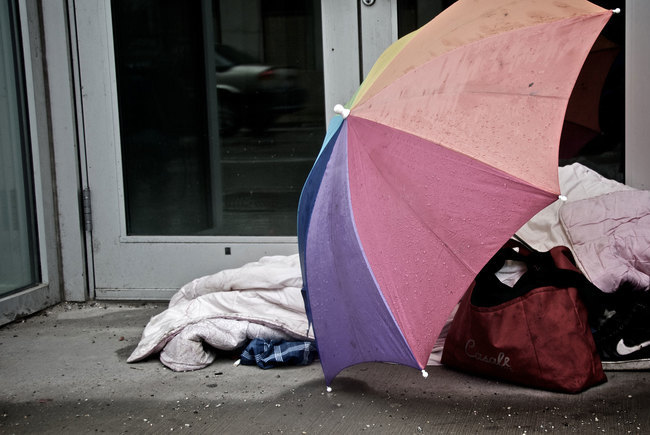
As the COVID-19 crisis drags on and evolves, civil society groups are responding to growing and diversifying needs – just when access to resources is becoming more insecure, writes UCT’s Prof Ralph Hamann.
03 Jul 2020 - 6 min read Republished
The Covid-19 crisis has reinforced the global consequences of fragmented, inadequate and inequitable healthcare systems and the damage caused by hesitant and poorly communicated responses.
24 Jun 2020 - >10 min read Opinion
Our scientists must not practise in isolation, but be encouraged to be creative and increase our knowledge of the needs of developing economies, write Professor Mamokgethi Phakeng, vice-chancellor of UCT, and Professor Thokozani Majozi from the University of the Witwatersrand.
09 Jun 2020 - 6 min read Republished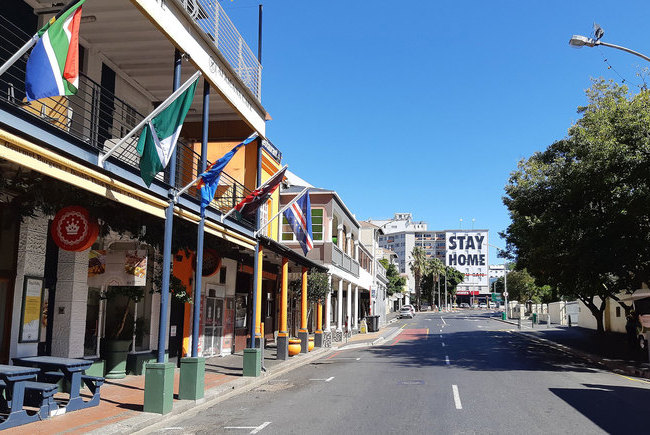
South Africa has been recognised globally for its success in flattening the curve, which came as a result of President Ramaphosa responding quickly to the crisis, writes Prof Alan Hirsch.
28 Apr 2020 - 6 min read RepublishedStatements and media releases
Media releases
Read more
Statements from Government
In an email to the UCT community, Vice-Chancellor Professor Mamokgethi Phakeng said:
“COVID-19, caused by the virus SARS-CoV-2, is a rapidly changing epidemic. [...] Information [...] will be updated as and when new information becomes available.”
We are continuing to monitor the situation and we will be updating the UCT community regularly – as and when there are further updates. If you are concerned or need more information, students can contact the Student Wellness Service on 021 650 5620 or 021 650 1271 (after hours), while staff can contact 021 650 5685.












